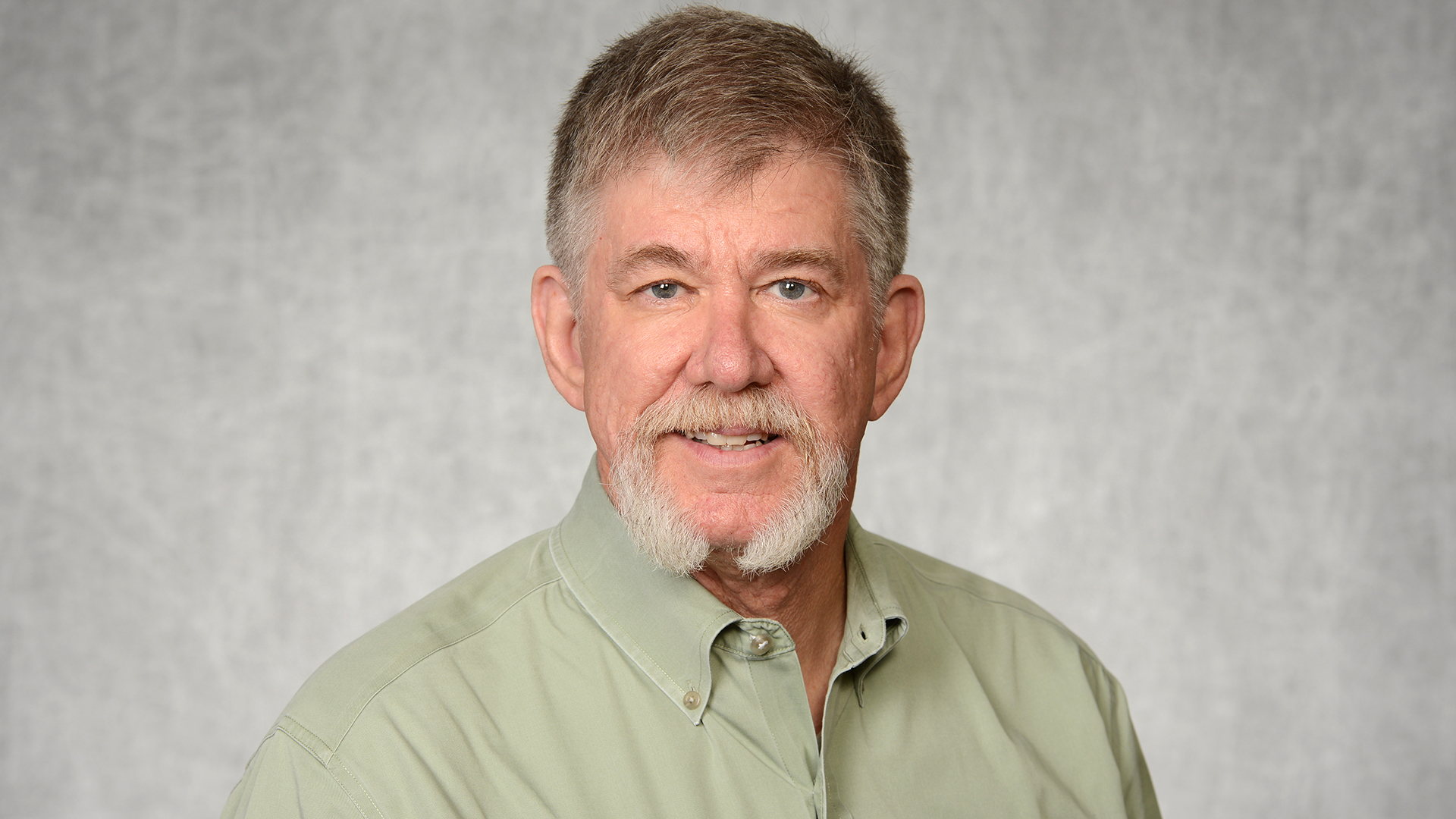Saturday, Jul 24, 2021
Dr. Peter Hester began as a professor of science and science education at Rider in 2001
by Keith Fernbach
Dr. Peter Hester discovered his passion for science when he was a teenager, thanks in large part to the influence of his high school biology teacher. “His name was Mr. Campman,” Hester recalls. “I loved his regular biology class so much that I ended up taking a field biology course that he taught during summer school. We would go out and collect data in the field, analyze those data, and try to make sense of what the environment around us was doing.”
Just as he was inspired by his science teacher, Hester would go on to become an instructor himself, sharing his love for science with the next generation of teachers. A professor of science and science education at Rider University from 2001 until his retirement this spring, he estimates that over the course of his Rider career he taught nearly 2,000 students who went on to become K-12 educators.
Hester originally set out to be a field biologist before switching gears and earning his Master of Arts in Teaching Biology. He became a science teacher at a boarding school in rural Arizona, and then worked as an adjunct professor at Prescott College, where he led field courses in Alaska, Mexico and the Grand Canyon. He went on to earn his doctorate in science education from the University of Colorado before joining the Rider faculty 20 years ago.
Hester’s teaching philosophy has been that science is about experiencing phenomena rather than just studying different theories or memorizing facts.
“One of my goals as a professor has been to change the way prospective teachers think about science. I’ve helped them think about science not as a body of knowledge but as a practice,” he says. “It’s asking the questions about the world around us and designing ways to answer those questions. Science is something you do, not just stuff that you learn.”
Although he will no longer be a teacher at Rider, Hester’s impact on the Rider community and his efforts to create opportunities for future educators will be felt for years to come.
He played a key role founding the Rider chapter of Kappa Delta Pi, the international honor society in education, in 2003, and has served as the chapter’s co-advisor. It’s now one of the most active and influential organizations at Rider, not only raising money for numerous charities, but also leading professional development programs for teacher candidates.
Hester has also actively mentored STEM scholars who were participants in Rider’s Noyce grant program, a National Science Foundation grant that pays the final two years of tuition and expenses in exchange for the recipients agreeing to work as STEM teachers in a high-needs school district after graduation.
He believes his biggest contribution to the university was his role in creating a new major.
“When I started here, the number of elementary education majors who had a strong science background was miniscule,” he says. “To address this, I collaborated with colleagues from the sciences, mathematics, and education to develop the integrated science and math major, which prepares students to teach both math and science up to grade eight. Since its inception, far more Rider graduates entering the teaching profession as elementary school teachers have strong backgrounds in science and math.”
As he heads into retirement, Hester is excited to have more time to focus on his many hobbies, which include brewing beer, gardening, playing the guitar, tending fruit trees, working his hives of honeybees and hosting concerts in his home. He and his wife are also planning to do a lot of traveling, with trips to Hawaii, Costa Rica and Europe scheduled for the next year.
Even with all that lies ahead, Hester is grateful for the memories he made at Rider and will look back fondly on his time here. “I’ll miss the people I worked with at Rider over the last 20 years, especially those with whom I shared field sites in the public schools,” he says. “I’ll miss the collaborative discussions with my colleagues in biology, chemistry, GEMS, physics and mathematics on curriculum design. I’ll miss the team-teaching opportunities that those conversations led to. Most of all, I’ll miss my students.”

